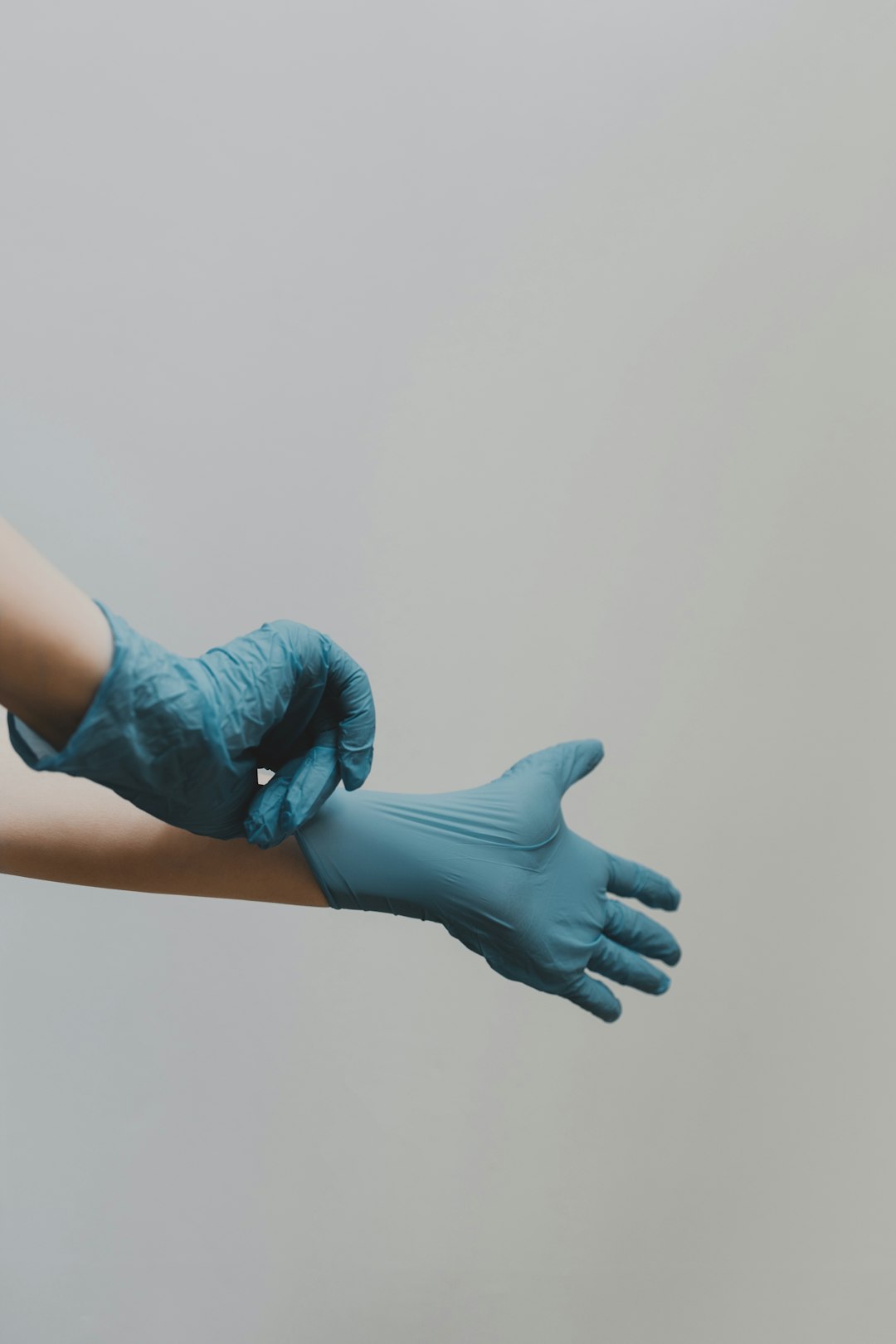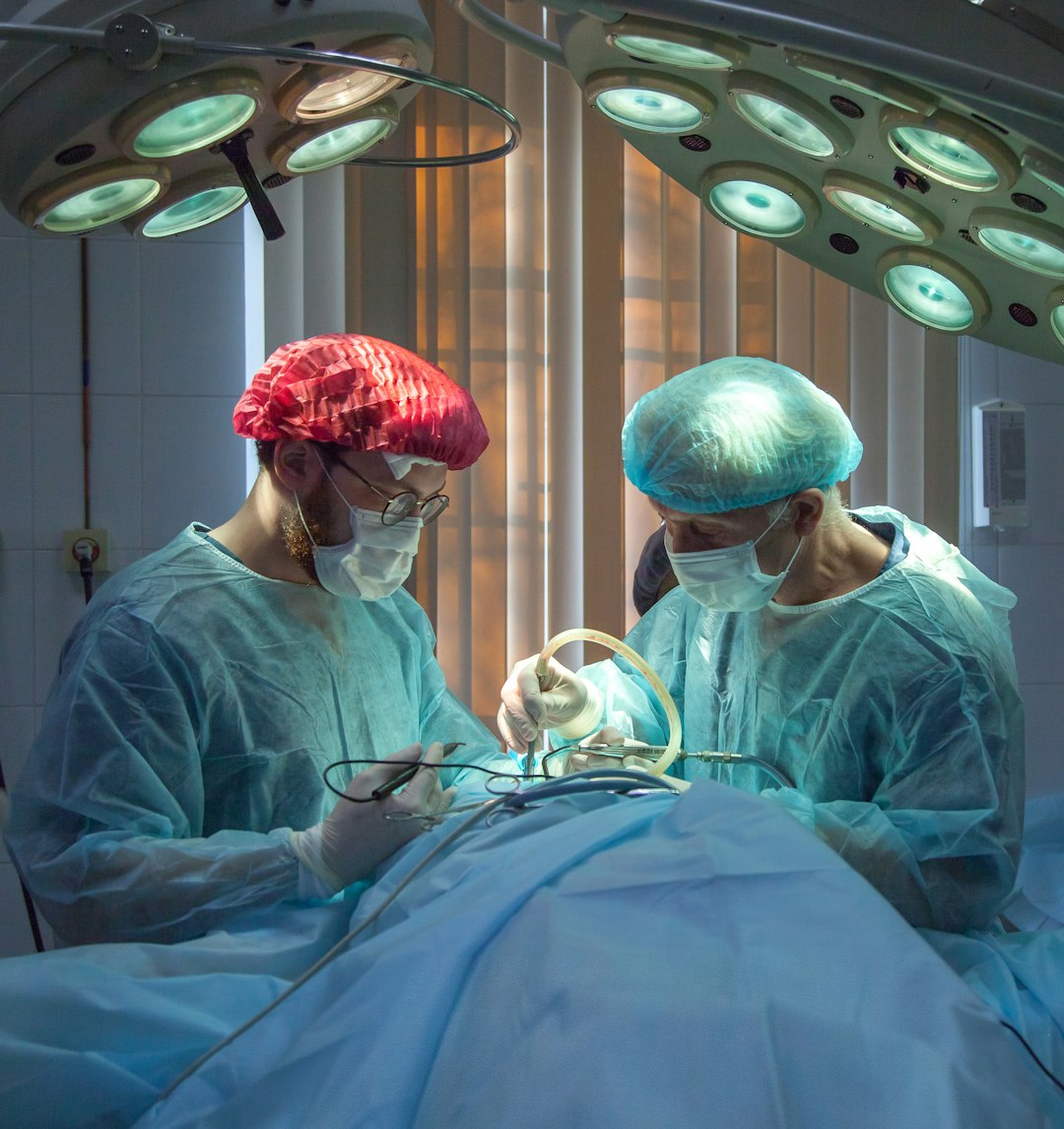In South Carolina, sexual assault laws are stringent, with doctor attorneys crucial for victims seeking justice from medical professionals. Evidence requirements include medical records, forensic evidence, witness statements, and victim testimony. Doctor attorneys must collect and authenticate patient records, medical notes, and communications to strengthen cases. Witness testimonies from hospital staff or bystanders are key, with doctor attorneys evaluating their credibility. Experienced doctor attorneys in South Carolina guide victims through the process, ensuring proper handling of evidence and navigating legal systems.
In South Carolina, sexual assault cases involving medical professionals require a thorough understanding of both legal statutes and the role of evidence. This article delves into the intricate details necessary to prosecute doctors accused of sexual misconduct. From recognizing the applicable laws to the significance of medical records and witness testimonies, we explore the evidentiary landscape. We guide doctor attorneys in South Carolina through the legal procedures, ensuring a just process for victims seeking justice. Collectable evidence is crucial, highlighting the importance of proper documentation and patient records in building compelling cases.
Understanding Sexual Assault Laws in South Carolina
In South Carolina, sexual assault is taken very seriously, and laws are in place to protect victims and ensure justice. The state has specific statutes that define and punish various forms of sexual misconduct, including assaults committed by medical professionals. Understanding these laws is crucial for anyone considering legal action against a doctor or seeking support as a victim.
If you’re seeking help from doctor attorneys in South Carolina, they will guide you through the evidence requirements. In sexual assault cases, this may include medical records detailing the examination and any findings related to the alleged assault, forensic evidence such as DNA or blood samples, and witness statements. Additionally, the testimony of the victim is typically central to these cases, providing firsthand accounts of the incident.
The Role of Medical Evidence in Doctor-Patient Cases
In cases of alleged sexual assault by a doctor, medical evidence plays a pivotal role in establishing the facts and determining liability. Doctor-patient cases often require a thorough examination of the patient’s medical records, including any notes, reports, and test results that may be relevant to the assault claims. These documents can provide crucial insights into the nature of the relationship between the doctor and patient, as well as the circumstances surrounding the alleged incident.
In South Carolina, doctor attorneys specialize in navigating these complex legal landscapes. They are adept at collecting and interpreting medical evidence, ensuring it is presented effectively to support their clients’ cases. This includes understanding specialized terminology and procedures, which can be critical in securing a just outcome for victims seeking justice against healthcare professionals.
Collectable Evidence: Documentation and Patient Records
In sexual assault cases involving doctors in South Carolina, the collection of evidence is paramount for successful prosecution. Documentation and patient records are among the most crucial pieces of evidence that doctor attorneys can gather. These records include medical notes, treatment plans, and any communications between the doctor and patient that could shed light on the incident’s circumstances. Patient charts provide detailed accounts of encounters, offering insights into behavior, consent levels, and potential anomalies.
Attorneys should meticulously review these documents for any discrepancies or signs of non-consensual activity. Date/time stamps, witness statements (if available), and other metadata can further corroborate a patient’s claims. Doctor attorneys in South Carolina must ensure that all collected evidence is properly authenticated and admissible to strengthen their case and protect the rights of the victim.
Witness Testimonies and Their Significance
In sexual assault cases involving doctors in South Carolina, witness testimonies hold immense weight. Beyond the victim’s account, independent witnesses who can corroborate the events are crucial for building a compelling case. These witnesses may include hospital staff, colleagues, or even bystanders who were present during the alleged incident. Their testimony provides an objective perspective, helping to establish the doctor’s conduct and its significance.
The credibility of witness statements is assessed based on their reliability and consistency. Doctor attorneys in South Carolina often scrutinize these testimonies for any inconsistencies or potential biases. However, multiple credible witness accounts can significantly strengthen the case, especially when they align with the victim’s version of events. This collective evidence is vital in securing justice and ensuring accountability for sexual misconduct within the medical profession.
Legal Procedures for Presenting a Case Against a Doctor
When pursuing legal action against a doctor for sexual assault, it’s crucial to understand the specific procedures involved in building a strong case. In South Carolina, victims should consult experienced doctor attorneys who can guide them through the legal landscape. The initial step is gathering compelling evidence, which may include medical records detailing the encounter, any relevant communications between the patient and doctor, and witness statements from individuals present at the time of the incident.
Legal professionals play a vital role in ensuring that evidence is properly handled and presented in court. They assist victims in navigating complex legal systems, helping them understand their rights and options. Doctor attorneys in South Carolina are well-versed in handling such cases, utilizing their expertise to build a compelling argument on behalf of the victim. This includes understanding the rules of evidence, expert testimony, and how to challenge or support the credibility of various witnesses.





